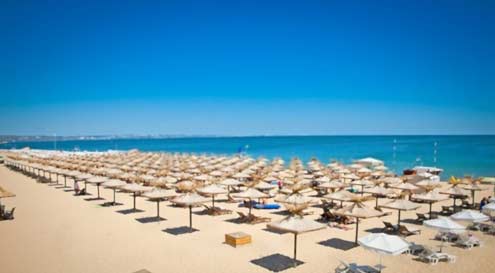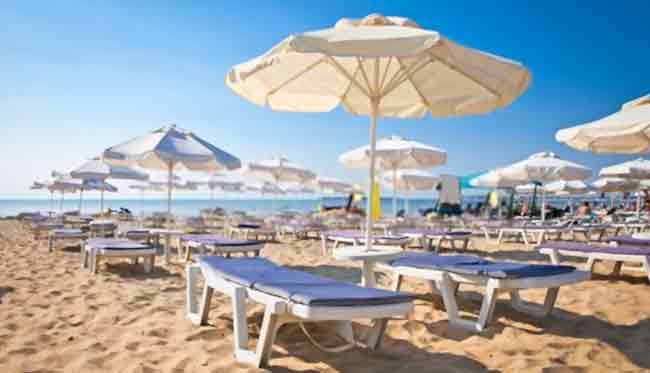There are many advantages of visiting the Bulgarian beaches. For example, these beaches are considered safe for swimming, making them ideal for families. In addition, there is no risk of encountering dangerous animals like sea dragons or poisonous jellyfish. There are also plenty of mineral springs located nearby. Read on to find out about the advantages and disadvantages of visiting the Bulgarian beaches. You’ll be glad you did!
Disadvantages of Bulgarian beaches

Compared to other countries in Europe, Bulgarian beaches are much cheaper. Prices of food and drink are much lower. The summer season lasts from June to September. Beach temperatures often reach 30 degrees Celsius and there is more than ten hours of sunlight each day. However, there are some disadvantages to visiting Bulgaria. You may prefer a different place for your vacation. If you plan to visit Bulgaria during this time of year, you might want to check out the weather conditions before booking your vacation on excitingBULGARIA.
Cleanliness
The Cleanliness of Bulgarian Beaches is good according to a study by the EU. The sea in Bulgaria is generally clean and algae-free. In 2011, Bulgarian beaches gained an excellent or good rating. Despite the fact that most Bulgarian beaches are not as clean as the European ones, the country has a history of improving its sea-water quality. Take a look at the interactive map of Bulgarian beaches to learn more about their cleanliness.
Protection from rip currents
Protecting yourself from rip currents on Bulgarian beaches begins by knowing how to spot them. Rip currents are usually invisible but can be difficult to spot, especially in a crowd of people. When in doubt, stay a few feet off the shore, swim parallel to the shore, and then wave for lifeguard assistance. Rip currents are often associated with fixed objects in the water. Fortunately, lifeguards are trained to spot and warn beachgoers about rip currents.
Number of mineral springs
The country of Bulgaria boasts over 200 mineral springs, including the world’s largest hot spring. Most of the springs were discovered centuries ago and played an important role in the development of Bulgarian towns. Today, they are popular spa resorts. The average temperature of Bulgarian mineral springs is 37 degrees Celsius, while the water’s high temperature and low mineralization make it beneficial for the human body. In fact, Bulgarians use mineral springs for all sorts of treatments – from treating cardiovascular diseases to soothing the skin.
Conclusion
The cost of a Bulgarian beach vacation depends on a few factors. First, Bulgaria is a member of the European Union, so its currency is the lev, abbreviated as BGN. While foreign currencies are not accepted everywhere, you should have no problems finding a seller who will accept euros and dollars. You can save up to 50% by purchasing these items in bulk. Another thing to consider when comparing the cost of a Bulgarian beach vacation is the cost of flight tickets.
